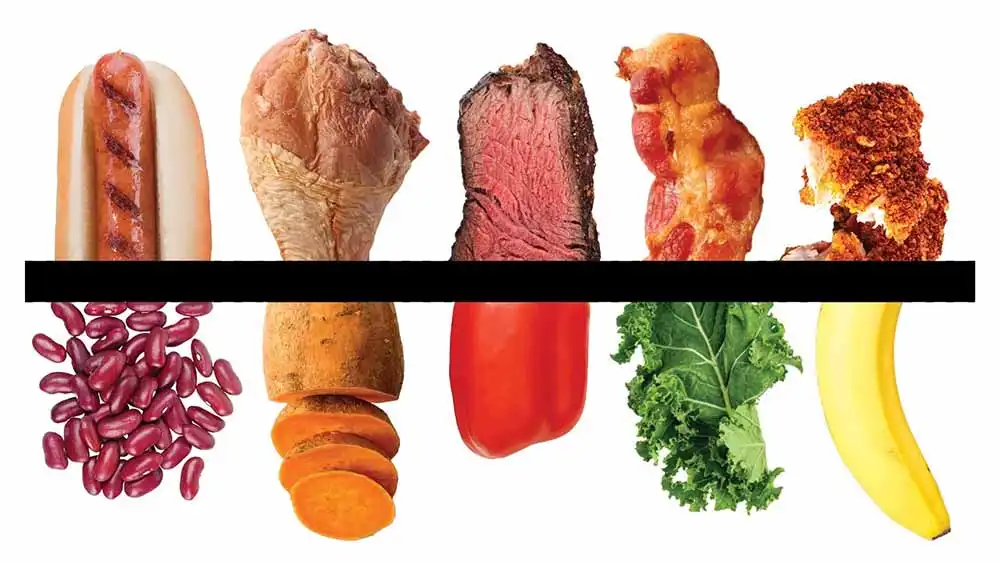A recent study by the George Institute for Global Health and Imperial College London highlights how simple food swaps, such as replacing beef with chicken in stews, can significantly reduce greenhouse gas emissions. The study reveals that substituting food and drink purchases with more environmentally friendly alternatives can cut down greenhouse gas emissions from household groceries by nearly a quarter. Lead author Allison Gaines explains that consumers don’t need to make drastic changes, such as giving up meat entirely, to make climate-conscious choices that collectively reduce carbon emissions.

Empowering Consumers with Information
Despite growing awareness of the environmental impact of the food system, consumers often lack reliable information to make sustainable choices. “Consumers are increasingly aware of the environmental impact of the food system and willing to make more sustainable food choices, but they lack reliable information to identify the more environmentally friendly options,” says Gaines, who holds a doctorate in public health.
The study recommends labeling packaged food items with their carbon emissions to help climate-conscious consumers make informed choices. Currently, about one-third of global carbon emissions come from the food and agriculture sector. Researchers used data from 7,000 Australian households, analyzing their annual grocery purchases through FoodSwitch, an app developed by the George Institute. The app allows users to scan food item barcodes and find healthier alternatives.
EcoSwitch: Adding a Carbon Component
A new feature, EcoSwitch, aims to add another layer of information for consumers: the carbon emission of each product. Currently available only in Australia, EcoSwitch enables customers to scan a product and see similar options with lower carbon emissions. The study’s data is integrated into the app, offering practical swaps that consumers can make at the supermarket.
Gaines points out that previous studies focused on dietary patterns, whereas her research looks at food choices from the consumer’s perspective in the supermarket. The study provided two types of swaps: those found on the same shelf and those found in different aisles. These similar swaps can lead to a 26% reduction in emissions in Australia, equivalent to taking 1.9 million cars off the road. For instance, a chocolate chip brioche roll could be swapped for a dinner roll (a similar swap) or a sourdough loaf (a less similar swap).
Healthier Choices, Lower Emissions
The study found that environmentally friendly food swaps often align with healthier choices. For beverages, a sugar-free vanilla cola can be switched to a raspberry soft drink (a similar swap) or a ginger-lemon kombucha (a less similar swap).

Meat and meat products were identified as the top contributors to carbon emissions from food products, accounting for 49%, followed by dairy and nonalcoholic beverages. “The way that emissions are trending around the world is looking worse and worse,” warns Gaines. “Empowering people with that information from the bottom up often also has an impact from the top down.” By making simple, informed food swaps, consumers can play a significant role in reducing carbon emissions, benefiting both their health and the environment.
